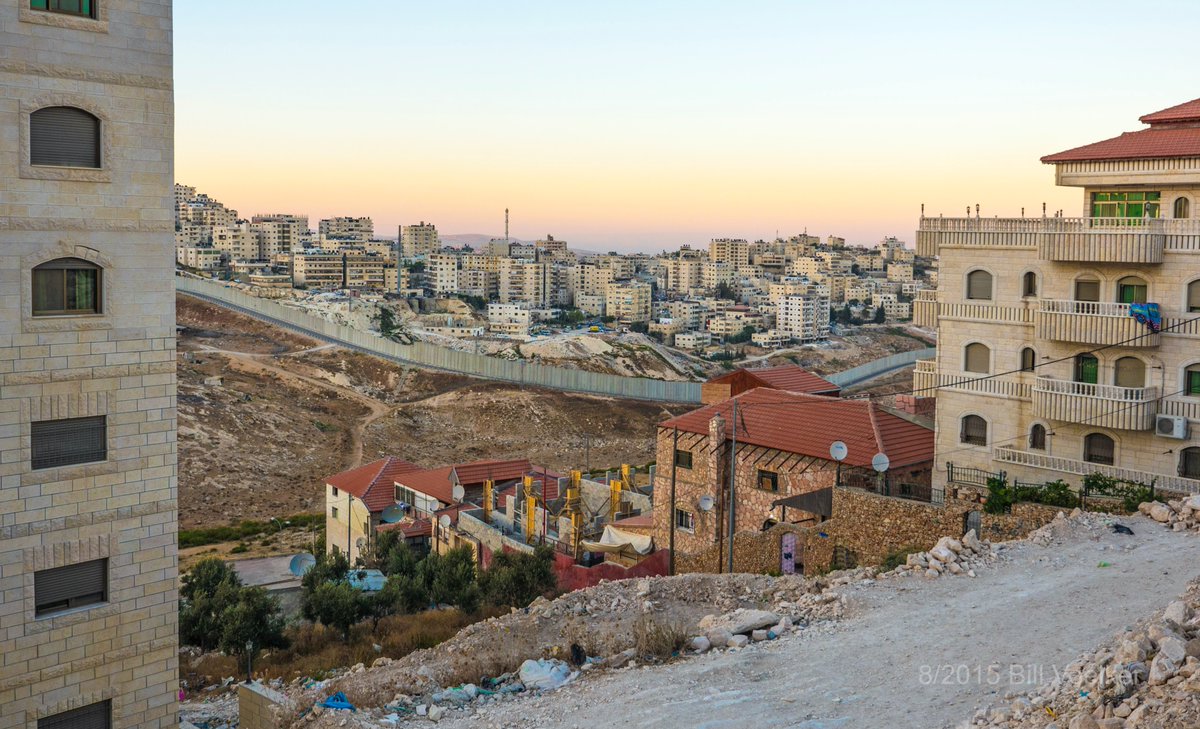Several of you asked for a thread briefly outlining key aspects of Jeremiah!
So to start, we will do a profile of what we know about Jeremiah& #39;s family & origin.
(this photo is of my illuminated ESV Bible)
So to start, we will do a profile of what we know about Jeremiah& #39;s family & origin.
(this photo is of my illuminated ESV Bible)
1. Jeremiah was the son of Hilkiah (Jer 1:1; 2 Kgs 22:8), who was the high priest during King Josiah& #39;s reign.
Hilkiah found the book of the Law (probably a form of Deuteronomy or the Torah) in the temple. Hilkiah verifies the veracity of the book with prophetess Huldah.
Hilkiah found the book of the Law (probably a form of Deuteronomy or the Torah) in the temple. Hilkiah verifies the veracity of the book with prophetess Huldah.
2. Then, Josiah launches nationwide reform (2 Kgs 23) & Jeremiah& #39;s work as a prophet follows in the legacy of this reform.
Jeremiah& #39;s family is from Anathoth (2-4 miles NE of Jerusalem), which was set aside for the Levites by the tribe of Benjamin (Josh 21:17-18).
Jeremiah& #39;s family is from Anathoth (2-4 miles NE of Jerusalem), which was set aside for the Levites by the tribe of Benjamin (Josh 21:17-18).
3. Jeremiah is a descendant of one of David& #39;s priests, Abiathar (1 Sam 22:20) who escaped Saul& #39;s attack on Nob & remained loyal to David.
Solomon later banishes Abiathar back to Anathoth for supporting Adonijah (1 Kgs 2:26) rather than him.
Solomon later banishes Abiathar back to Anathoth for supporting Adonijah (1 Kgs 2:26) rather than him.
4. Abiathar& #39;s father, Ahimelech (shortened to Ahijah), was from Shiloh (1 Sam 14:3) & was a direct descendant of Eli.
Shiloh housed the tabernacle until the Philistines captured the ark (1 Sam 4). Jeremiah probably grew up hearing Shiloh stories & later used them (Jer 7:12-15).
Shiloh housed the tabernacle until the Philistines captured the ark (1 Sam 4). Jeremiah probably grew up hearing Shiloh stories & later used them (Jer 7:12-15).
5. Imagine the stories Jeremiah grew up hearing about his family:
-Eli lived thru the destruction of Shiloh & raised up Samuel.
-Ahimelech was killed by Saul for kindness to David.
-Abiathar was banished for supporting a certain kingly lineage.
-Hilkiah catalyzed Josiah& #39;s reform.
-Eli lived thru the destruction of Shiloh & raised up Samuel.
-Ahimelech was killed by Saul for kindness to David.
-Abiathar was banished for supporting a certain kingly lineage.
-Hilkiah catalyzed Josiah& #39;s reform.
6. We have no record of whether Jeremiah was trained as a priest.
But we can at least tell by his family history & his prophecies/sermons that, even if he wasn& #39;t trained as a priest, he was highly familiar with Israel& #39;s scripture & temple practices/traditions.
But we can at least tell by his family history & his prophecies/sermons that, even if he wasn& #39;t trained as a priest, he was highly familiar with Israel& #39;s scripture & temple practices/traditions.
7. In the first chapter, we see Jeremiah& #39;s call & an echo of Moses (I don& #39;t know how to speak) & Samuel (I& #39;m only a youth)! While he& #39;s not a descendant of either, he sees these 2 as origins of the prophetic vocation.
Here, we will briefly focus on the reference to Samuel.
Here, we will briefly focus on the reference to Samuel.
8. Jeremiah (Jer 1:6) & Samuel (1 Sam 3:1) are called a "na& #39;ar" when the Lord calls.
Na& #39;ar can describe age (anywhere from infancy to young adulthood) or unpreparedness.
Some believe this means Jeremiah was a child when called, others that he hadn& #39;t finished priestly training.
Na& #39;ar can describe age (anywhere from infancy to young adulthood) or unpreparedness.
Some believe this means Jeremiah was a child when called, others that he hadn& #39;t finished priestly training.

 Read on Twitter
Read on Twitter



